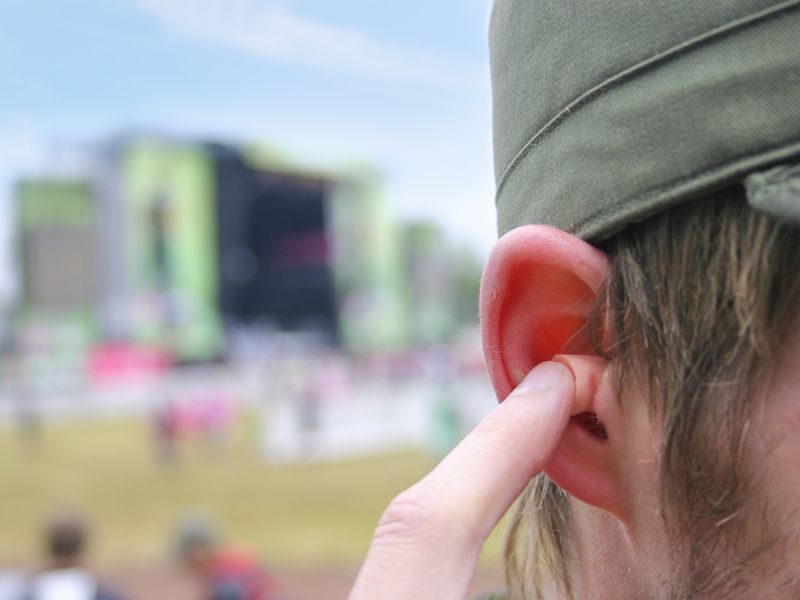
Earplugs can be practical if you’re subjected to loud noises, such as for instance, something as simple as a spouse who is snoring, or a lawnmower in your yard, or going to an arena to see a concert. Turning down the sound level is the way earplugs can help in the first two situations. They assist in saving your peace of mind and perhaps even your relationships, in the last circumstances, by letting you get a good night’s sleep. But are these ear protectors, in fact, harming your hearing?
What’s The Point of Utilizing Earplugs?
The case for earplugs is quite simple: When used properly, earplugs can reduce your exposure to excessive volume levels and thereby protect your hearing. Maybe you’ve observed that your hearing sounds different after you leave a loud venue, say, a football game with a noisy crowd, and you could also suffer from symptoms of tinnitus. This occurs because those super-loud sounds actually bend the small hair cells inside of your inner ear. In a couple of days, when the hairs have recovered, it generally goes away.
But in certain circumstances, there is a continual attack on those tiny hairs, this is especially true if you work in a noisy trade like construction or around jet planes. In this situation, those hairs cannot get better, they are permanently injured. Inside each cochlea, there are about 16,000 of these tiny hair cells, but up to 50% of them can be injured or ruined before your hearing has changed enough for the deficiency to appear in a hearing assessment.
Is it Possible to Damage Your Ears by Wearing Earplugs?
With all that, you’d think that using earplugs would be a no-brainer with regards to protecting your hearing. But primarily if you’re in scenarios where you’re subjected to loud noises all the time (like on the job or with the aforementioned snoring partner), headphones that decrease, but don’t entirely cancel, sound or over the head earmuffs are a much smarter choice. Earplugs are better suited to one-off situations such as a concert or sporting event than for everyday use.
Why? The first problem is, earwax. Your ears make wax to protect themselves, and if you’re frequently wearing earplugs, more earwax will be created, and you are likely to jam it in with the plugs. This can lead to issues like impacted earwax, which can cause tinnitus and other hearing problems.
Ear infections can be another concern for people who use earplugs. If you frequently use the same pair, and you fail to clean them between uses, they can become bacteria traps. At the very least, ear infections are a disturbance of your life. But at the worst-case-scenario end of the scale, they can also be the cause of hearing loss if neglected.
How Can You Use Earplugs Safely?
Whether it’s a restful night sleep or safeguarding your hearing, there’s still a formidable benefit to wearing earplugs. You just have to be certain you’re using the correct kind and using them the proper way. The porous material of foam earplugs is a germ haven so it’s a good thing they are the least expensive. Silicone or wax earplugs are reusable, but you need to keep them sanitized, use warm water and mild soap to clean them, and you shouldn’t put them back in your ears until they’re thoroughly dry. It’s also a good idea to store earplugs in a well ventilated container to prevent humidity, or worse, bacteria or mold, from accumulating.
If you want or need to wear earplugs regularly, you might want to get in touch with us about having custom-made earplugs. These are constructed from unique molds of your ears, they’re reusable and because they’re fitted to your ears, comfortable. But it’s crucial not to forget, good earplug hygiene can stop hearing damage.
